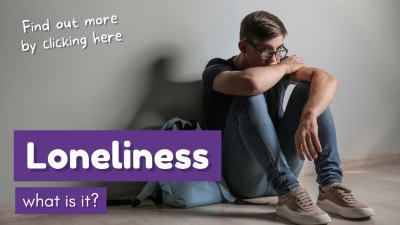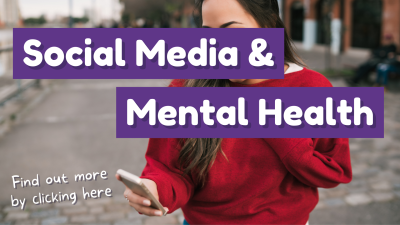Bullying & Mental Health
Bullying & Mental Health
Read on to learn more about bullying, how it can impact a young person’s mental health and what can be done to cope with this.

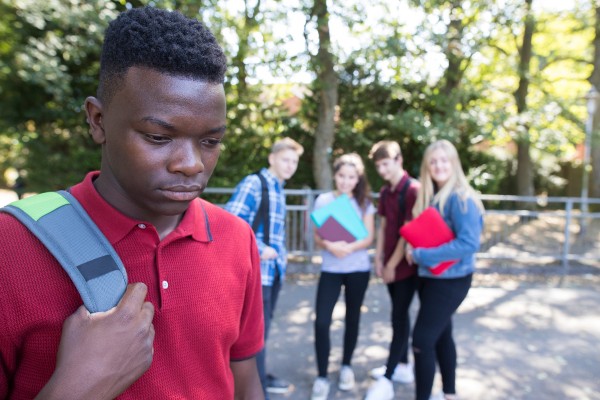
What is bullying?
Bullying is a repeated unwanted behaviour that hurts someone, either emotionally or physically. Many young people are affected by bullying, and this can have a big impact on mental health.
In this module, we’ll learn more about the different types of bullying, how to identify it, and how to seek support.
If you, or someone you know is experiencing bullying, you are not alone and there is lots of help and support available. Remember: being bullied is not your fault, and nobody deserves to be bullied.
What can bullying involve?
Bullying can occur in many ways, in many different places, and sometimes we may not realise we are being bullied, or that we are bullying someone else.
Some common types of bullying include:
- Physical (e.g. hitting, pushing, poking)
- Verbal (e.g. name-calling, spreading rumours)
- Emotional (e.g. isolating, hiding belongings)
- Online (e.g. nasty comments on social media)
- Sexual (e.g. unwanted physical contact)
According to the Anti-Bullying Alliance, young people who experience bullying are more likely to experience mental health difficulties, and vice versa. This is called ‘The Bullying Cycle’.
Read on to learn more about how bullying can affect mental health and what you can do to manage this.
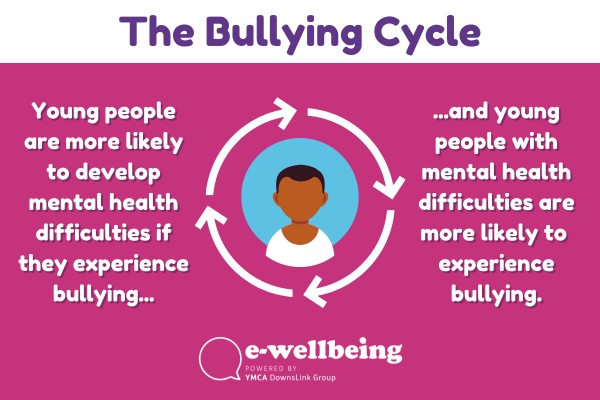
Am I experiencing bullying?
Sometimes we may not realise we are being bullied, and this can be for a number of reasons. We may have got used to the behaviour and been told it was “just a joke” or to “stop being so sensitive”. We may not realise the behaviour itself is bullying, even if it’s been making us feel low or scared.
Take a look at the options and tick any you feel are relevant to you. And remember: experiencing bullying is never your fault, and nobody deserves to be bullied.

How can bullying affect mental health?
Bullying involves causing someone emotional and/or physical harm, and this can have a significant impact on a young person’s mental health. It can lead to feelings of low self-esteem, low mood, anxiety, loneliness, and many other emotions.
Young people who have been, or are being bullied may experience:
- Becoming withdrawn or avoiding things you usually enjoy
- Feeling lonely or isolated
- Believing you don’t have any friends
- Low self-confidence
- Feeling low or anxious
- Difficulty concentrating (e.g. at school)
- Getting angry more often than usual
- Thinking about hurting yourself
I’m struggling to cope – where can I find help?
If you are experiencing bullying and struggling with your mental health, there are lots of things that can help. Continue with this module to learn tips for managing your wellbeing and find local support, and you can explore our Feelings Page to learn more about mental health difficulties you may be facing.
In some cases, a young person may have feelings of wanting to die or hurt themselves to try and escape from the bullying. If you, or someone you know, is experiencing bullying and having suicidal thoughts or self-harm, you are not alone, and help is out there.
For urgent support:
- Go to our Help Now page (at the top right of this screen)
- Speak to Samaritans on 116 123
- Contact HOPELINEUK on 0800 068 4141
- Ring 999 or go to your nearest A&E in an emergency
You are not alone...
Here’s a video featuring Nadiya, who shares her experience of being bullied.
If you’d rather not watch or listen to Nadiya’s story you can move onto the next section now to learn about what to do if you’re being bullied.

How do I identify bullying behaviour?
Read on to learn more about identifying bullying behaviour and how to safely address this.

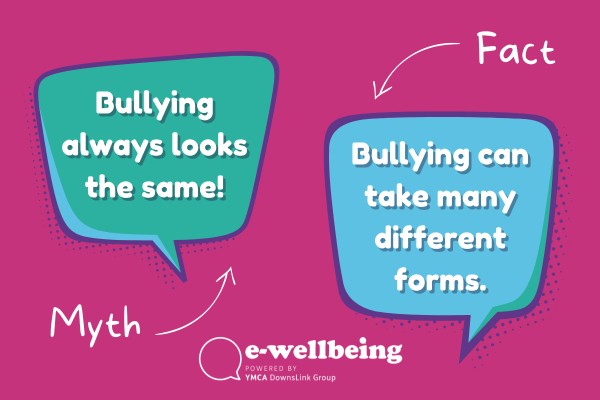
What can bullying look like?
Bullying behaviour can be experienced in many different ways; sometimes it is through obvious actions, but it can also be subtle and more difficult to identify.
If someone repeatedly acts in a way makes you feel upset, targeted, or unsafe, this can be considered as bullying behaviour.
Scroll down to read some examples of how bullying can be experienced.
Bullying behaviour can involve...
- Being physically hurt by someone or a group
- Having your possessions or money stolen or hidden from you
- Someone posting unkind things about you online (e.g. writing nasty comments)
- Someone making fake profiles of you (also known as ‘catfishing’)
- Being ignored or left out of group conversations or events
- Someone spreading unkind rumours about you
- Someone giving out your personal details without your permission (e.g. your phone number or address)
When does ‘banter’ turn into bullying?
Bullying can sometimes be dismissed (by the person bullying you or others) and referred to as ‘banter’ or ‘just a joke’. By dismissing the unwanted behaviour, it can make you believe that your feelings aren’t valid or you’re ‘overreacting’.
It can be difficult to speak up, especially if your self-esteem has been knocked as a result of bullying. If you need some help with building confidence and setting boundaries, you can check out our Self-Esteem module.
Remember: your feelings are important, and if something doesn’t feel OK to you then you don’t have to accept it!

Am I witnessing bullying or ‘banter’?
Sometimes it may be difficult to identify bullying, or it may feel scary to address it. We all deserve to be treated with respect and kindness, and we are all responsible for our how behaviour affects others.
Watch this video to find 5 helpful reminders about the difference between banter and bullying, then tick any points that you feel are relevant to the behaviour you are witnessing.
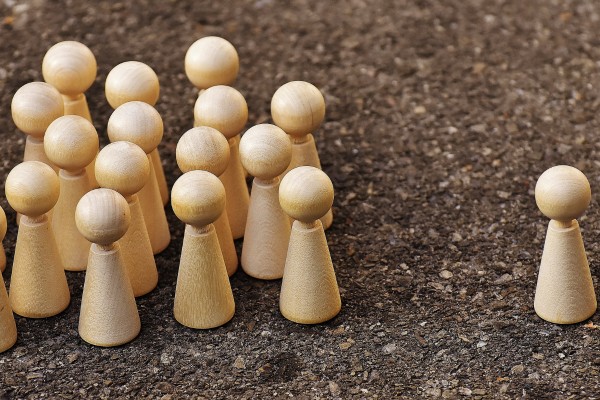
Bullying and discrimination
Bullying is never OK, and sometimes it can involve discriminatory behaviour. This is very serious because, in extreme situations, discrimination can lead to ‘hate crimes’ and these are against the law.
Discrimination involves being unkind or prejudice towards someone because of their:
- Skin colour, ethnicity, or race
- Sexuality or gender identity
- Disability or learning difficulty
- Religious beliefs or faith
If you, or someone you know, has experienced discrimination, it’s important to tell a trusted adult as soon as possible. You can find out more about hate crimes and how to report these here.
Is my behaviour harmful to someone else?
Sometimes when a person is struggling with their own thoughts or feelings, they can lash out at others. This could be a person in their life (e.g. at school), or it could involve being unkind to people online, even if they don’t know them personally (sometimes called ‘trolling').
Bullying behaviour can sometimes stem from the person feeling sad, angry, or lonely, but they don’t know how to process the feelings directly and safely. However, it is never OK to bully others, no matter what we are going through.
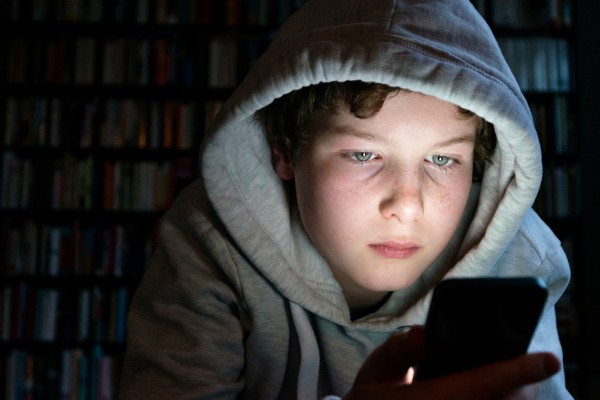
Help is out there...
If you are struggling with your feelings and think you may be bullying someone else, help is out there. The important thing is to acknowledge your behaviour, then you can start to make changes.
You might want to start by talking to someone you trust, or by contacting your GP to find out about support that may be helpful for you. You can also find local mental health and wellbeing support here.

How can I support someone else who’s being bullied?
Supporting someone else who you believe is being bullied can be difficult. If the person is a loved one or friend, you may notice the impact it has on them.
When someone is experiencing bullying, it’s important for you to remain calm and ensure the person knows you are there for them. Here are some tips for how to help someone else:
- Report bullying behaviour – if you witness the bullying, do not laugh or join in. instead, report the incident to a trusted adult
- Listen without judgement – it can be scary for the person to talk about their experience, so listening will help them feel supported
- Encourage them to report it – they may be unsure about this, but it’s important for them to get appropriate support
Where can I find support?
When you’re experiencing bullying, it’s important to reach out to people you trust who can help. This could be a family member, teacher, youth worker, or even your GP.
It may feel scary or embarrassing to talk about what has been going on, but it’s important to make them aware so they can support you in the best possible way. If you feel unsure about speaking face-to-face, you could write a letter or talk via text instead.
If you are unsure who to talk to, or need further support, scroll down to find some services that can help.

Find support for bullying...
- Childline – You can speak to them about bullying or anything else through telephone or online
- Anti-Bullying Alliance - You can learn more about what to do if you’re being bullied and your next steps
- The Diana Award- You can text them following the instructions on the link if you’re worried about bullying
- Kidscape- Learn how to make positive changes if you’re experiencing bullying
- EACH - EACH has a freephone helpline for children experiencing homophobic, bi-phobic or transphobic bullying
- Sussex Against Bullying - mentoring support and youth club for young people aged 9-18 in West Sussex
- Say No to Bullying (BHCC) - information and advice for coping with bullying
I’m experiencing bullying; how can I manage my wellbeing?
Read on to find tips and advice for coping with bullying, and improving your self-esteem and wellbeing.


Talk to someone you trust
If you’re being bullied it can feel difficult to know what to do, so it’s important to reach out for support.
Think of someone you feel comfortable talking to; this could be a youth worker, colleague, teacher, family member, or another trusted adult that you spend time with. You may want to speak to them in person, via phone or text, or in a different way (e.g. drawing or writing a letter).
You might be worried about making the situation worse, or that nobody will listen to you. While it’s normal to think this way, it’s important to remember that help is out there, and things can change!
Practise self-care
When we experience bullying, sometimes it can make us feel like we are to blame, or we’ve done something wrong. Remember: nobody ever deserves to be bullied.
Experiencing bullying can have a big impact on mental health; if you are struggling right now, you are not alone. Practising self-care can help you to rebuild your confidence and feel happier!
Some examples of this can be:
- Doing things that make you feel good about yourself
- Spending time with people you feel comfortable around
- Practising affirmations to remind yourself that you are good, worthy, and enough!
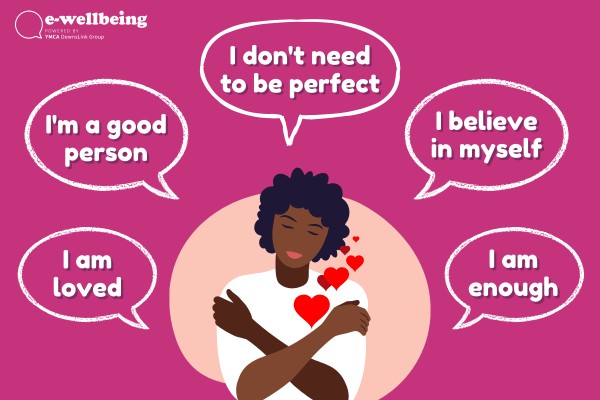

Keep a Record
Keeping a log of your experience is very important and can be helpful when telling someone about what has been going on, and this can make it easier for them to help you resolve the issue. Here are some key things to keep a note of:
- The date and times that the bullying happened
- A description of what happened and how it made you feel (e.g. “the person left unkind comments on all my photos, and I felt really sad")
- Any visual evidence of the bullying (e.g. screenshots)
- If possible, other people who were present while the bullying took place
It is also a good idea to keep a second copy of your record, just in case the first copy gets lost or deleted. If your record is written on paper, it may be helpful to take a photo of this as a back-up, or a have a written copy if your record is on your phone.
Avoid retaliation
If you are experiencing bullying, it may be tempting to retaliate to try and get the person to stop. However, retaliating can often make things worse rather than better.
Instead, try responding calmly by telling the person to stop, or removing yourself from the situation. If the bullying is happening online, you can report the comments or posts, and block the person or group who are bullying you.
This may not seem fair, but responding calmly means you can avoid getting in trouble yourself. Remember; it’s important to speak to someone about what is happening so they can help.


Get Help
If you are being bullied and are worried about the impact it may have on your mental health, it might be a good idea to get some help.
Click here to find mental health support services in your area

